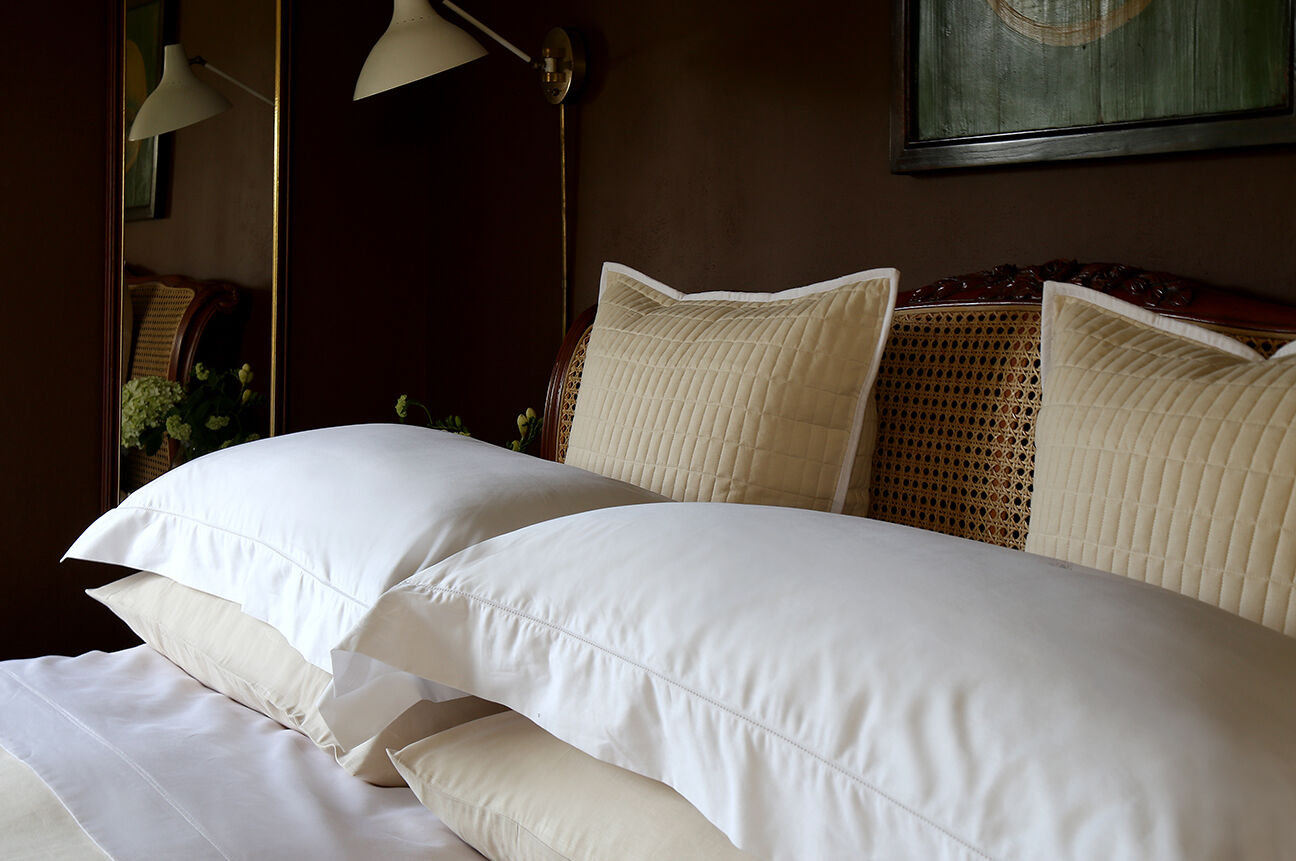Parents should know just how important sleep is and that by getting little ones into a good routine and rhythm early on, it will lead to a happier, better rested little one with improved development and immune system. Don’t panic about bad habits in the first three months because any habits that you get into can easily change – you can create new, more sustainable habits in the four- to six-month window. One of the best ways to do this is to create a good bedtime routine. Do the same simple steps in the same order every evening. That creates cues that sleep time is coming. It doesn’t matter if they wake up a little later for a feed, it’s still worth implementing a consistent bedtime routine. Dim the lights, move them away from daylight or harsh artificial lighting, and make sure there is nothing too stimulating around them, like screens, lights or mobiles.
A troubled night might come when they’re teething, overtired, or simply struggling to settle. The best thing you can do is to check the obvious: is the baby hungry? Does the nappy need changing? Are they well or are they in pain? If they’re in pain, you need to relieve that. Be soothing, reassuring and don’t assume that milk is the answer every time, though obviously feed them if they’re hungry. Pick them up, give them cuddles, calm them down, then put them back down again. One of the common mistakes to avoid is tiring your little one out during the day with the belief that they’ll sleep better at night. Another one is feeding your baby every time they wake or trying to tank them up with milk before bedtime in the hope that will make them sleep longer.
Also, try not to pace around with them or rock them to sleep – this can actually prevent them from developing the skills they need to settle independently.
To get your baby used to day and night, there are three key things to consider – routine, atmosphere and parental mode. Get them used to night and day by blacking out all the natural daylight or using blackout blinds. Then, when it’s morning, bring them into the daylight or turn the lights on during winter. Also, think about your own behaviour. For daytime parental mode, be engaging and animated and make eye contact. If you’re in night-time mode, be subdued and boring, give minimal eye contact, if any, and don’t have animated conversations. Remember, babies should sleep in their own space that is age appropriate and make sure it’s the right height for their age – you can lower the cot down when they get bigger.”
– Lucy Shrimpton, sleep expert at The Baby Show and founder of The Sleep Nanny
Visit SleepNanny.co.uk for more information.
Be gentle with yourself, your baby and journey are unique.
You’ve got this mama,
Karen Reed



